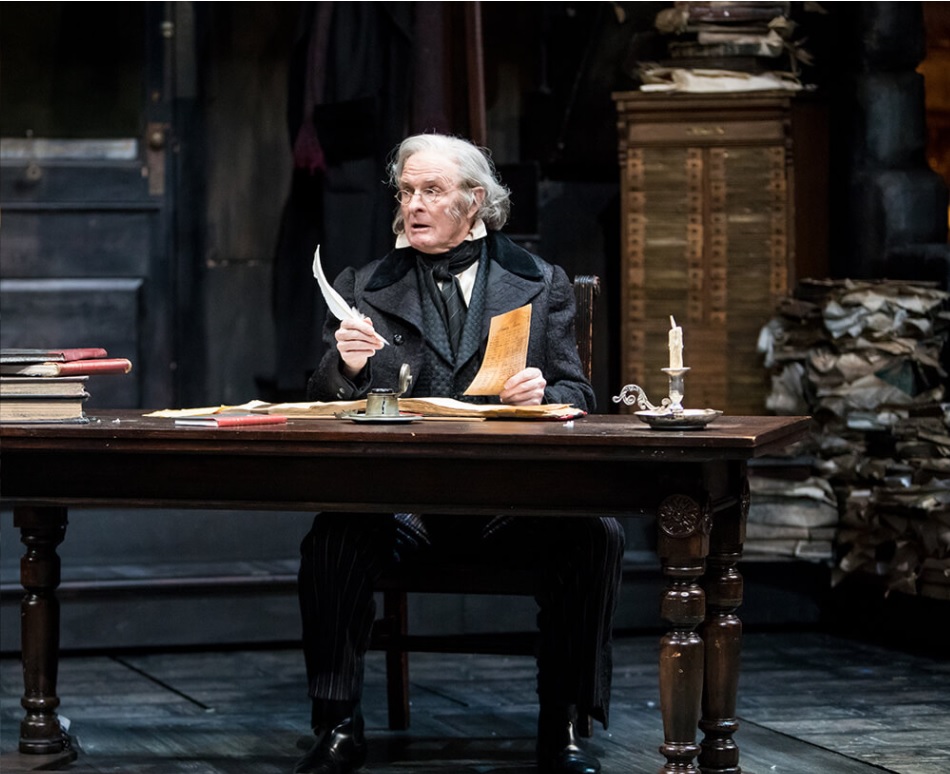“A Christmas Carol and the Common Good,” presented by the Guthrie Theater and the Melrose and The Toro Company Center for Principled Leadership at the University of St. Thomas, will examine themes of leadership, social justice and business ethics through the lens of the Charles Dickens classic, A Christmas Carol.
The virtual event, which is free of charge and open to the public, will be available live via Zoom on Tuesday, Dec. 8, from 11:30 a.m.-1 p.m.
“This event will combine live readings from professional Guthrie actors from this beloved Charles Dickens story, interspersed with a panel discussion to include leaders from the arts, academia, nonprofit and business to talk about the role of business in advancing the common good,” Dr. Christopher Michaelson, a professor of business ethics and academic director for the center, said. Panelists will include Joe Haj, Guthrie artistic director; Dr. Brian Rosenberg, president-in-residence in the Higher Education Program at the Harvard Graduate School of Education and Charles Dickens scholar; and Allison O’Toole, CEO of Second Harvest Heartland.
“The story of A Christmas Carol and Ebenezer Scrooge is not about the money he leaves behind, but about the engagement with the community around him. The same is true for Ken Melrose, former CEO of The Toro Company and namesake for the Center for Principled Leadership. Melrose had a passion for servant leadership, the idea that a leader serves, rather than is served, by those beneath him, or her, in the hierarchy,” Michaelson said.
For Michaelson, who will moderate the virtual event, this represents an opportunity for current and future business leaders to reflect on how they want to be remembered. “One thing I teach my students is that when you look back at your life through hindsight, what will have really mattered and what legacy do you want to leave behind. The New York Times Journalist, David Brooks, distinguishes between resume virtues and eulogy virtues. He says that we spend the best years of our lives crafting our resume virtues in order to work our way up the ladder, but everyone knows that in the long run, it’s the eulogy virtues, the ones that don’t appear on your resume, that really matter,” Michaelson said.
For Maija Garcia, director of professional training at the Guthrie Theater, the lessons of A Christmas Carol are every bit as relevant today as they were when Dickens first published his work in 1843. “What’s interesting about this event is that we wouldn’t normally get to hear from actors and a scholar and a theater maker and a business leader about this piece and how it resonates with them and why this piece, that was written by Dickens in the 1800s, is so relevant to us today … I think we all need to be reminded to be grateful for what we have but also to be generous and to open our awareness about people who are suffering and struggling and less fortunate. It’s a story about transformation. It’s a call to awaken, especially now, when so many have experienced loss, the loss of jobs, loved ones, hope, the loss of everything they ever depended on as normal,” Garcia said.







